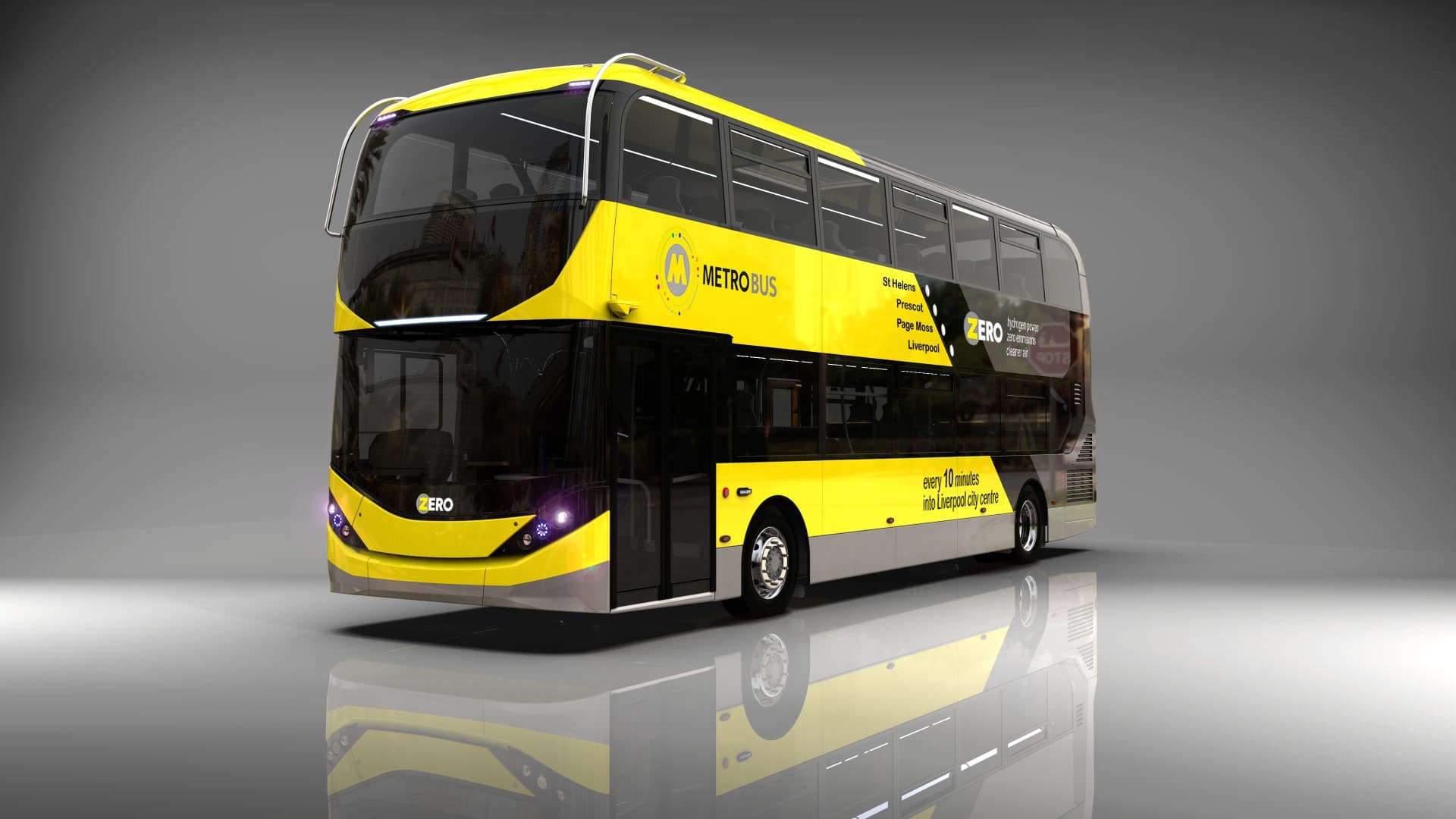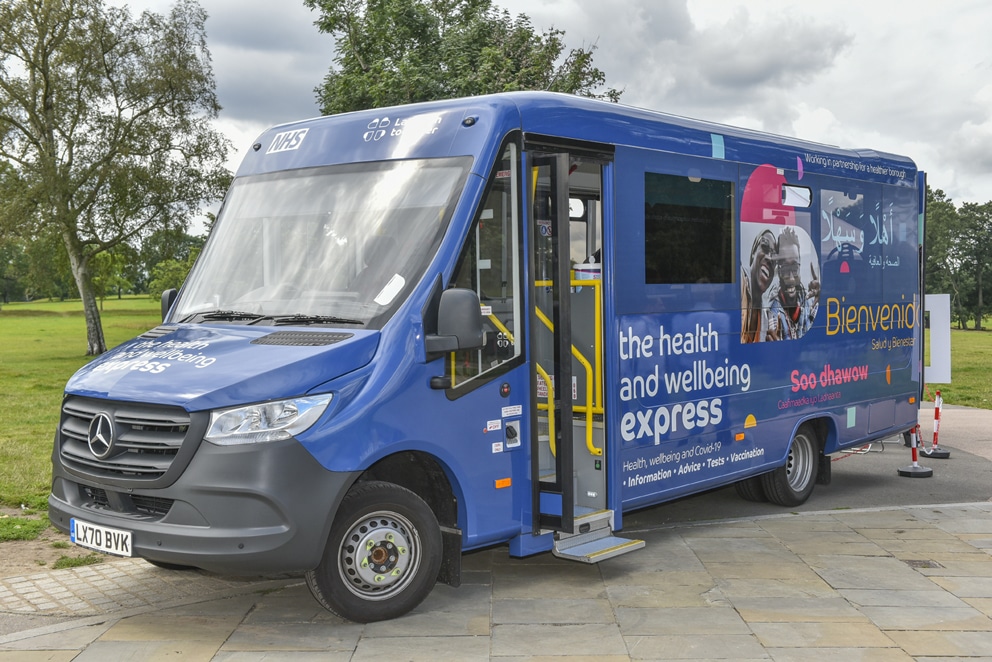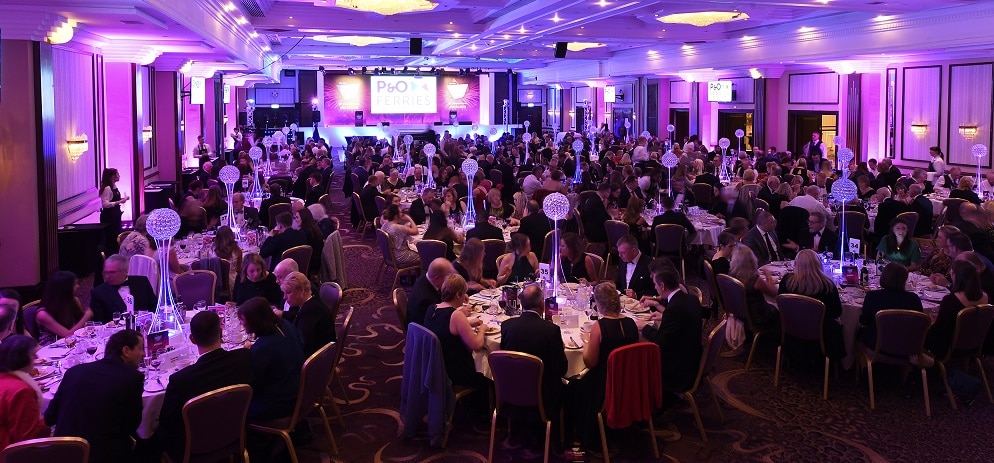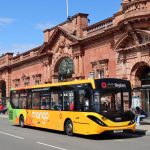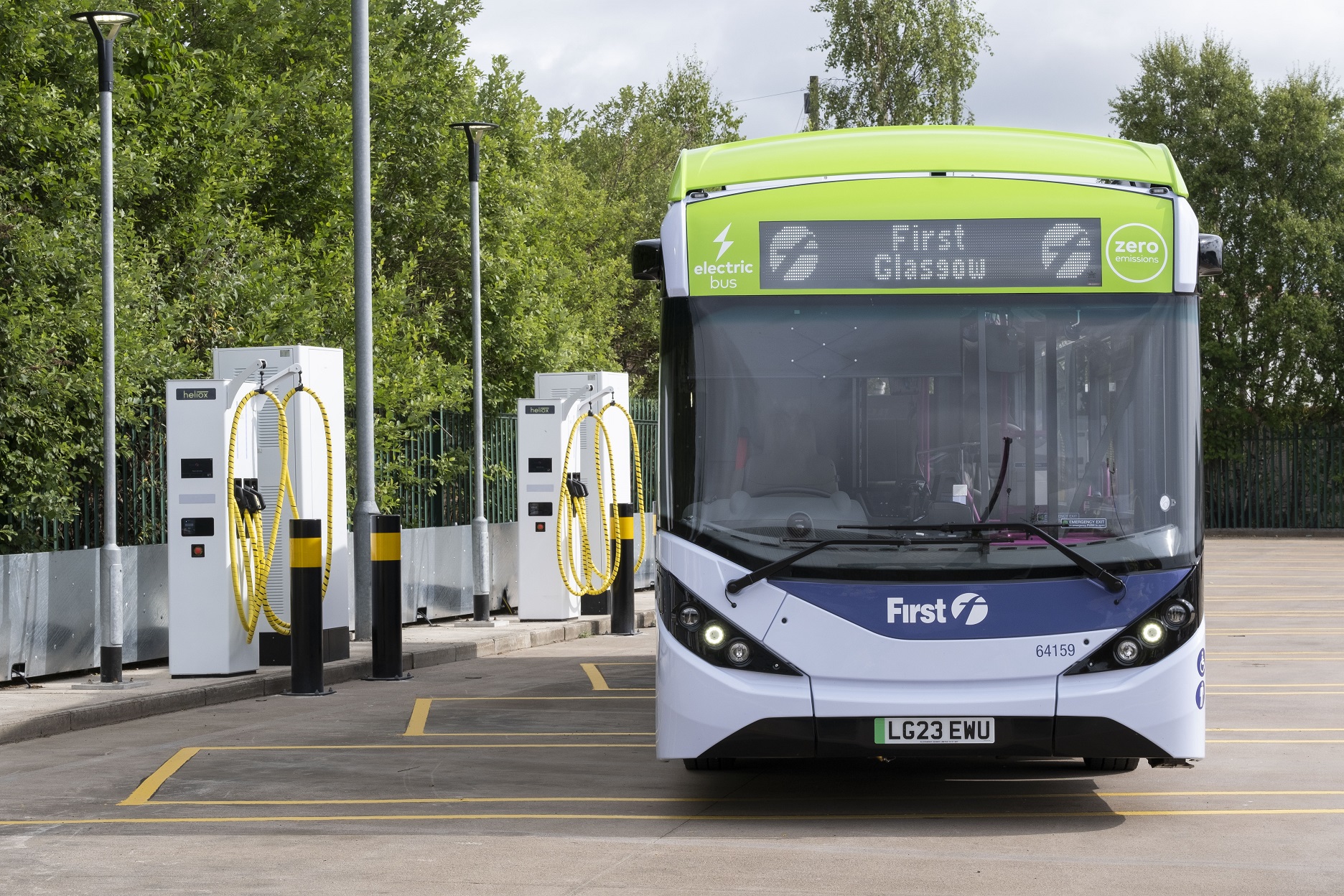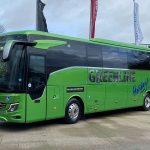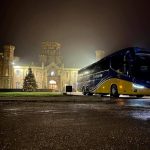Alexander Dennis will build 20 Enviro400FCEV hydrogen fuel cell-electric double-deckers for the Liverpool City Region Combined Authority (LCRCA). Subject to final agreement of the project plan, the first “could be delivered as soon as 2022,” the City Region says.
Transforming Cities Fund money will finance the vehicles. They represent the first order for ADL’s H2.0 hydrogen fuel cell-electric platform. While the Enviro400FCEV fleet will be publicly owned, it is planned that they will be used initially on service 10A between Liverpool City Centre and St Helens. It is run jointly by Arriva Merseyside and Stagecoach Merseyside and South Lancashire and is the region’s busiest route.
The Combined Authority undertook a competitive tendering process for the buses under the BNES Bus National Procurement Framework Agreement, supported by Procurement Partnership Limited. LCRCA says that the 20 Enviro400FCEVs will “kickstart the region’s use of hydrogen as a fuel in transport” and form part of Mayor Steve Rotheram’s plan for the city region to reach net zero carbon by 2040.
The Enviro400FCEV utilises a Ballard fuel cell and the Voith Electrical Drive System. ADL adds that it has “intelligently packaged” the hydrogen tanks and other key components to balance weight and optimise internal space. It promised a range of up to 300 miles for the Enviro400FCEV when the model was announced in February.
Construction of the necessary fuelling facilities, which will be the first of their kind in North West England, is due to commence later this year.
ADL President and Managing Director Paul Davies says that the H2.0 platform “builds on 25 years of experience in hydrogen fuel cell technology.” He adds: “Designed and built in Britain, these buses will help to secure skilled jobs and apprenticeships across the bus manufacturing industry, which is hugely important as we continue the decarbonisation journey.”
LCRCA says that the buses will come with wireless mobile device charging and wi-fi, along with increased capacity for wheelchair users and audio-visual next stop announcements.
The Combined Authority has previously outlined hopes that it can increase its confirmed fleet of hydrogen fuel cell-electric buses to 40 through a bid to the Zero Emission Bus Regional Areas (ZEBRA) scheme. A proposal from LCRCA has moved to the second stage of ZEBRA via its standard mechanism and a business case will now be submitted.













